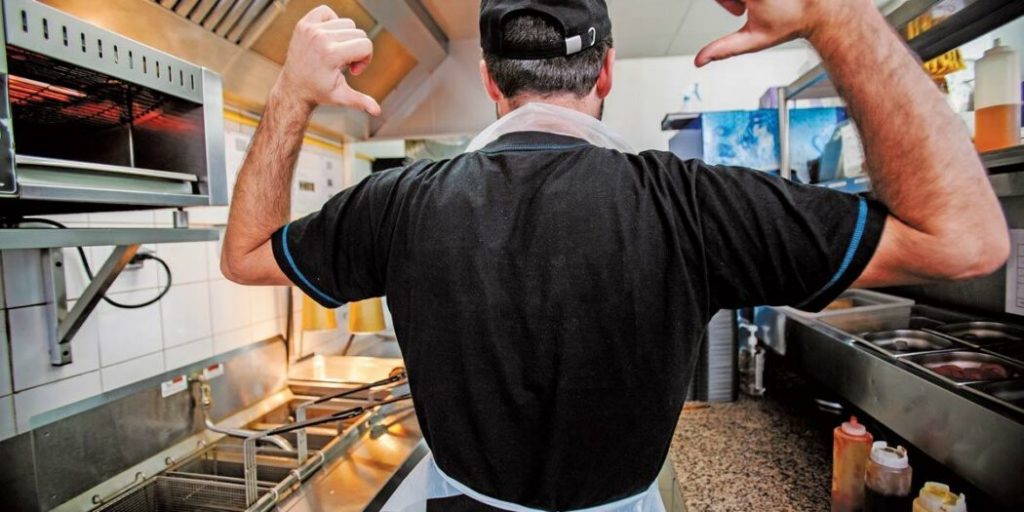Translated by Wiwin Oktasari
Ghaza – Dunya al-Wa?n
Published on 10 November 2010
In a luxury resort in Dubai, Emirati wait next to the bronze statue of the ancient Egyptian Queen Cleopatra, smile and wait for the routine treatment of their weekend beauty treat. The resort is different from the others in which it uses some skin care products based on minerals and pork-free and alcohol-free materials as what Reuters reported yesterday (09-11-2010).
Charlotte Proudman, the products supplier, wants to obtain the statement that these products in accordance with Syariah Islamiyah (Islamic law) to join the growing trend on Halal cosmetics consumption in the Middle East. The Proudman said at the spa, which uses the range she launched in 2008: “I want to put this on the cover of our packages so our clients are convinced that our products are Halal and until they trust that these products meet their religious belief”. She added: “I really feel that Halal cosmetic have a future. I don’t think that any Muslim or Muslimah would abandon his/her trust on skin care product because they make him/her feel comfortable.”
The Halal cosmetic are produced using the extract of plants and minerals and not from the pork and alcohol derivatives forbidden in Islam which often used in cosmetics manufacturing.
The attractiveness of Halal cosmetics reflects the global trend of cosmetic products -which are not tested on animal or utilizing the animal substances- and also the increasing demand of some beauty care based on natural ingredients and gentle for hair and skin. This trend gets wondrous fascination from Muslim people in Europe, since it protects from every harmful action toward the environment.
Taha Abdul Baseer, a religious Muslim scholar based in Newyork, said: “One of the permitted cosmetic requirements is the safety. Therefore the heavy metals and carcinogenic materials or harmful in one way or another are not permitted.” He added: “The materials tested on animal that cause pain or pollute the environment would be avoided by those who possess the religious consciousness and mindfulness. There is significant intertwining between the consumption of Halal products and the consumer as he who has the ethic and environmental awareness”
Amys Group of Morocco is another new manufacture which looks for the opportunity in the field of Halal cosmetics. This group produces some of their products in Atlas mountain near Marakkech which include the cosmetics of skin peeling, Moroccan bath oil and sauna, as well as camphor soap with almond oil, products which combine between the fascination of Northern Africa steam bath with the ethical and religious attractiveness.
Walid Mougou, the general manager of Amys Group, said: “The halal business is at the level where the Islamic banks were 20 years ago. It shows growth more than 9% each year. And this trend would not decrease at least for the next ten years.”
The group intends the expansion to Gulf regions, Malaysia, Britain, United States, France, and Japan in the next three years and aims to increase annual incomes into 20% throughout the next five years.
Those goals are ambitious. The analysts say that the total value of sales related to cosmetics in the Middle East amounted $2.1 billion in 2009.
In the Beauty World exhibition – Middle East, the survey found that the cosmetics, perfumes and personal care products show a growing percentage in the market products which are harmonious with Islamic law, gain 150 million annually within UAE only.
Among many problems that could restrict the growth of Halal cosmetics is the lack of an integrated global organization to provide the certification of Halal products to legalize this industry.
Usually the Halal products obtain the approval of local, regional, or national bodies in order to ensure their compatibility with Islamic law, but there is little to stop some producers from labelling their products halal without an official seal of approval.
Source: http://www.alwatanvoice.com/arabic/news/2010/10/11/155008.html




